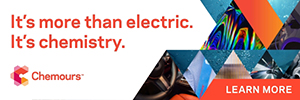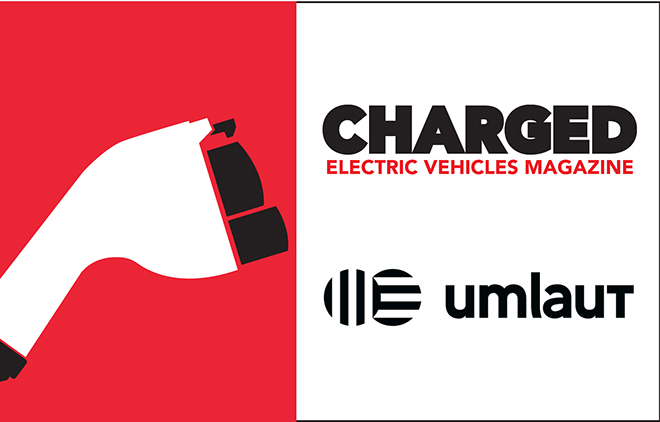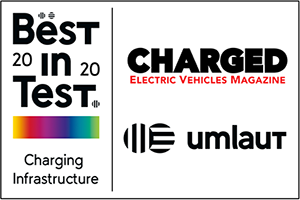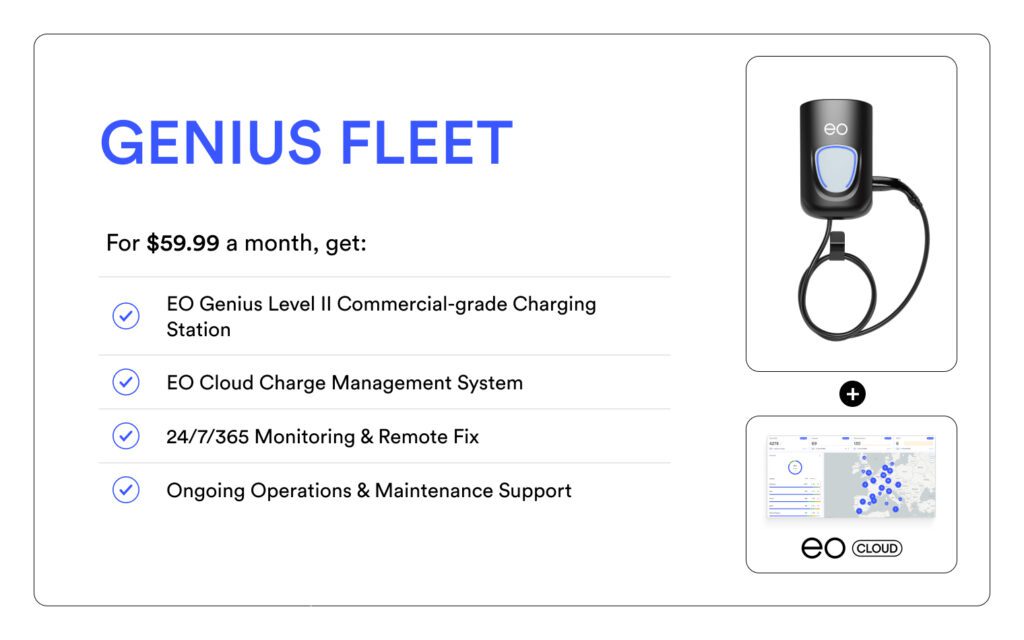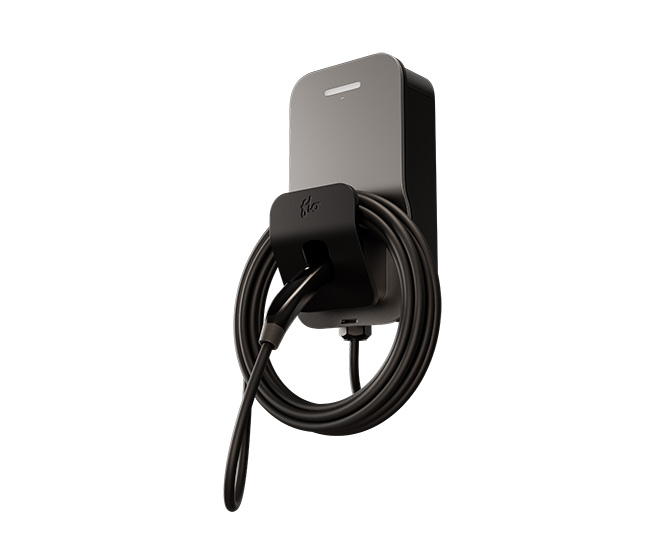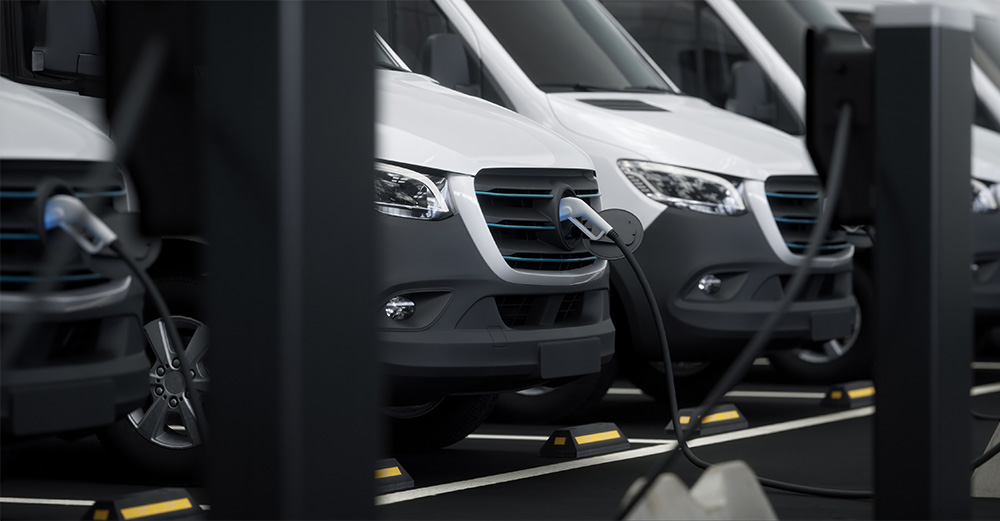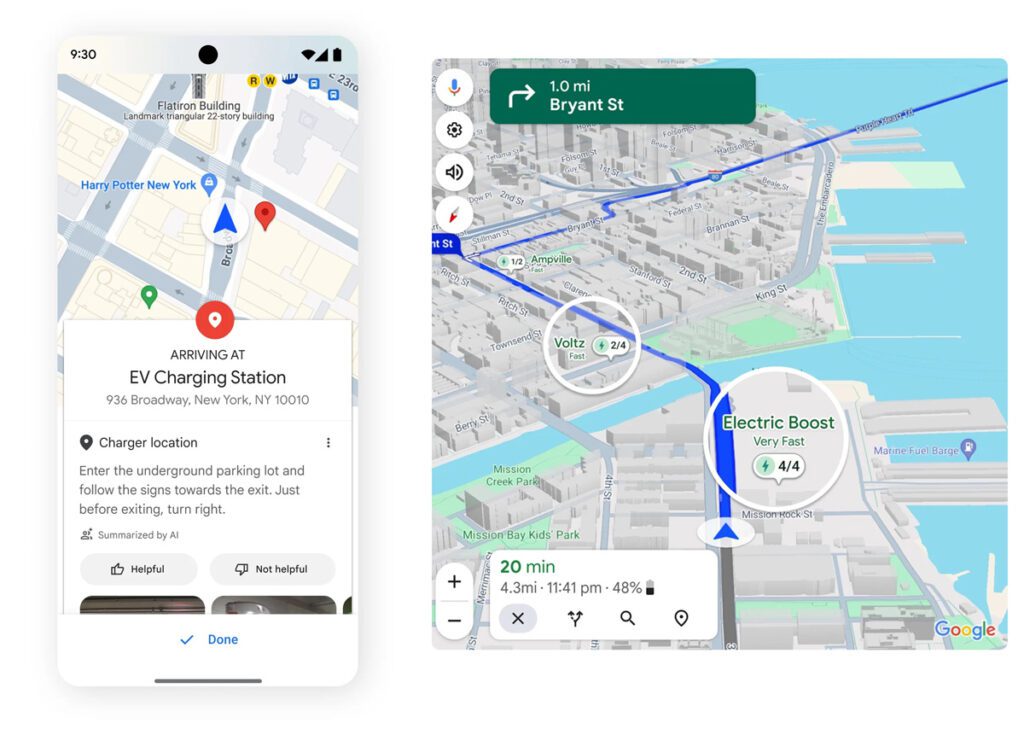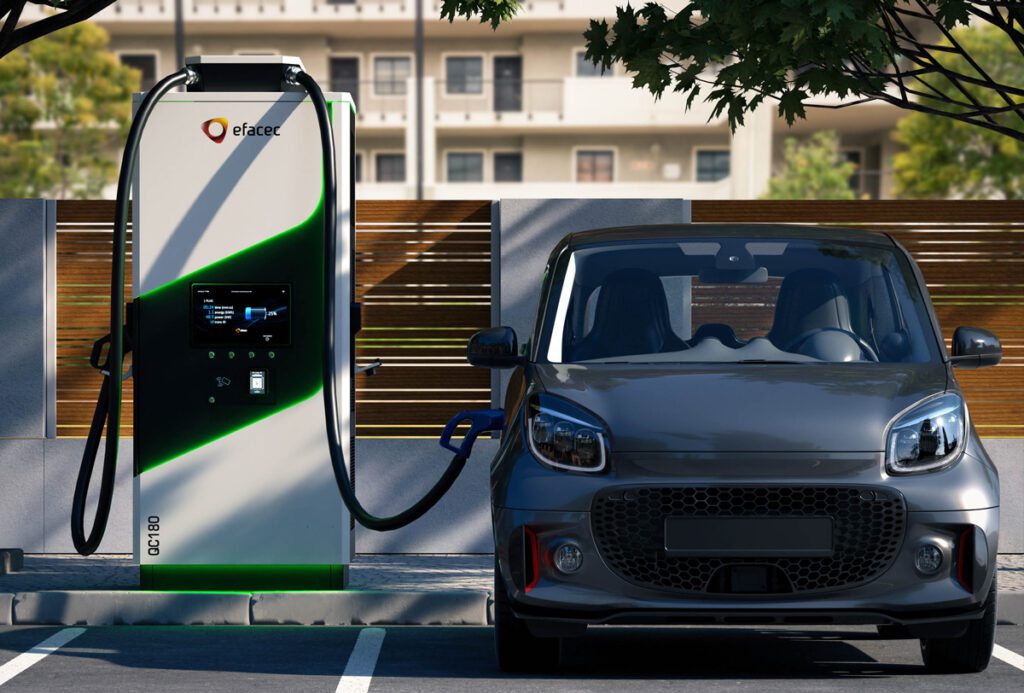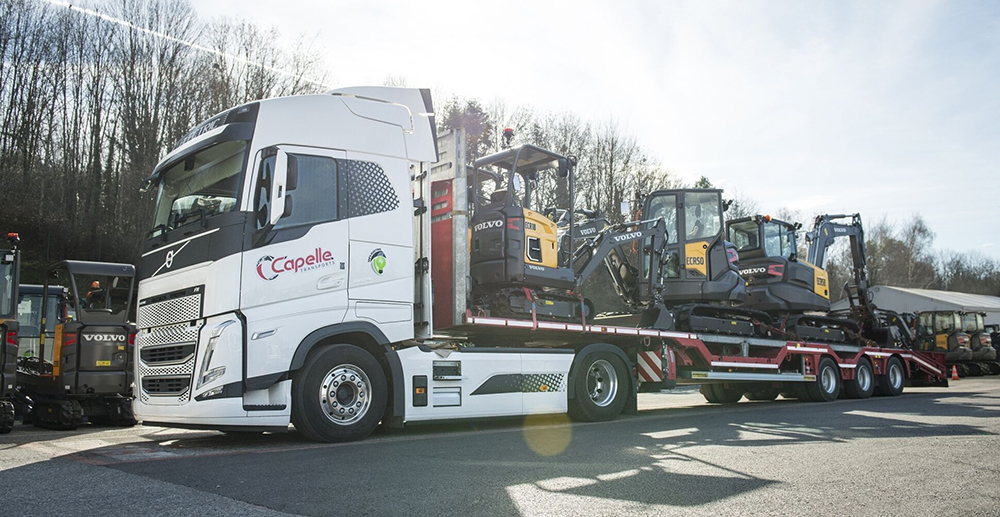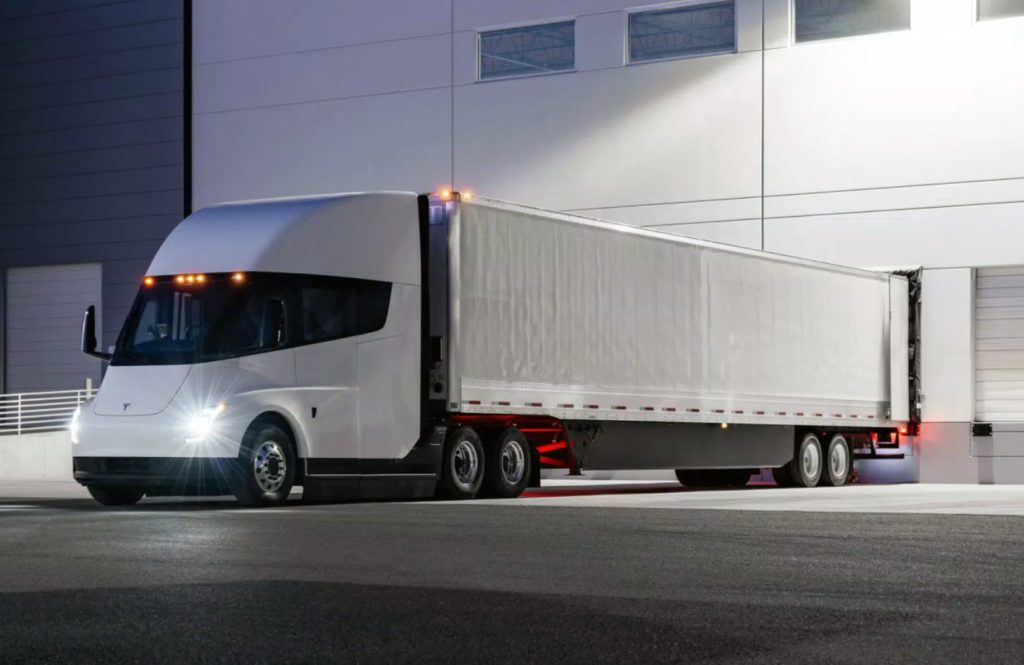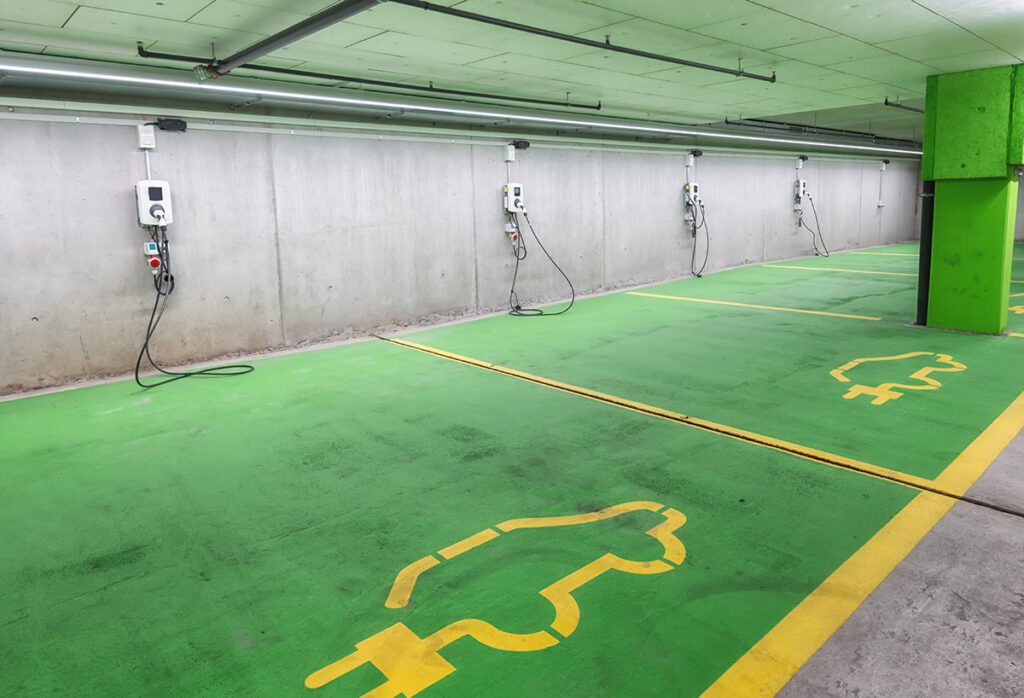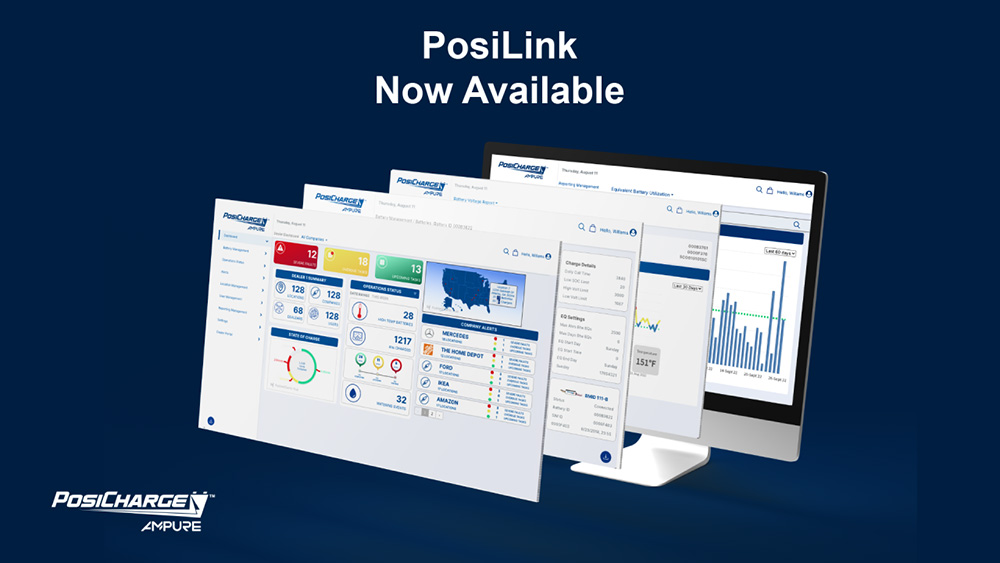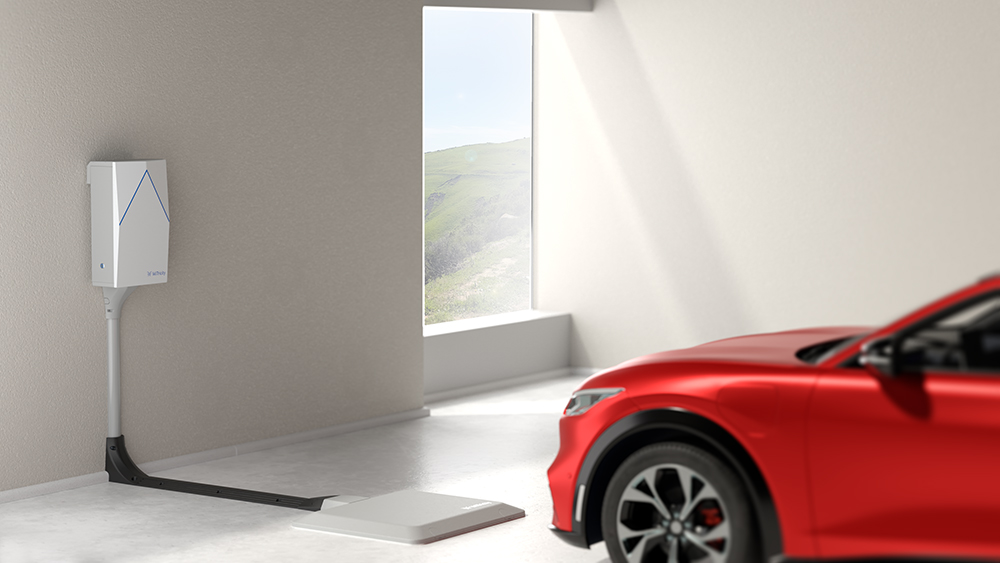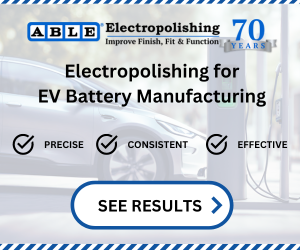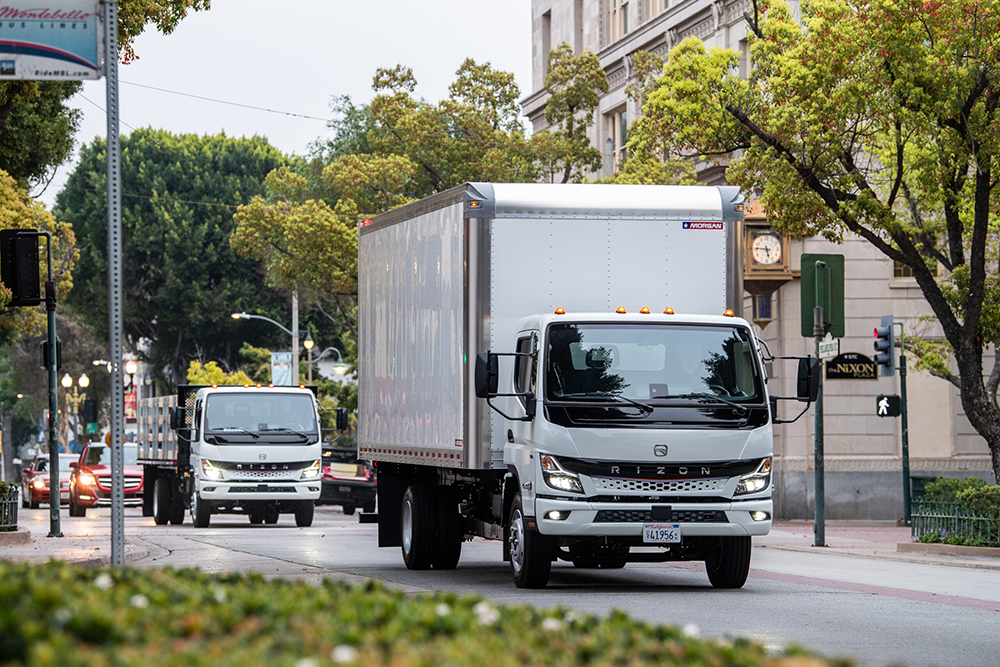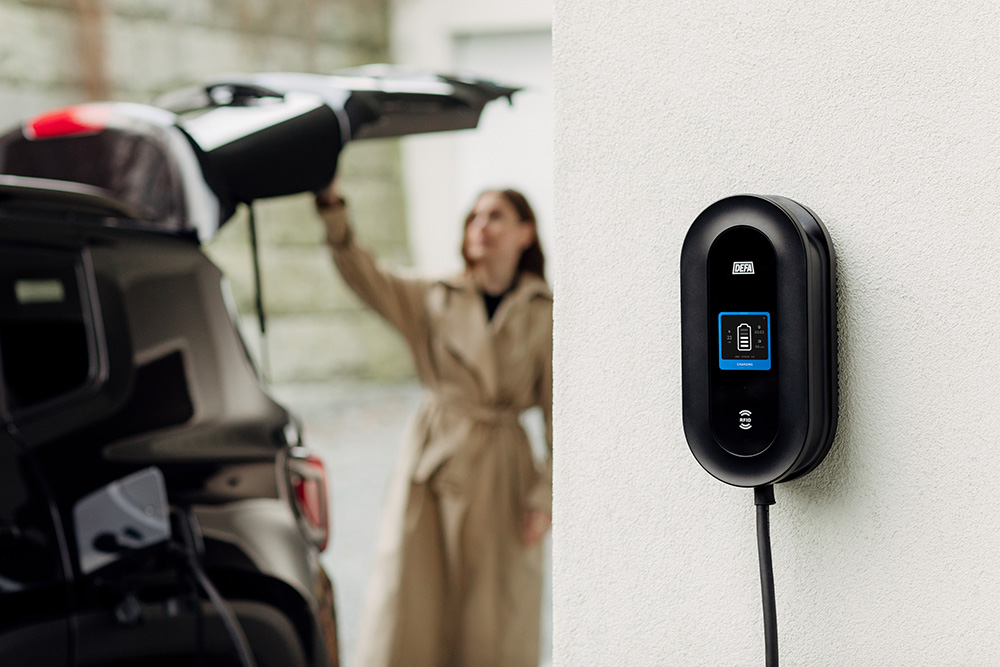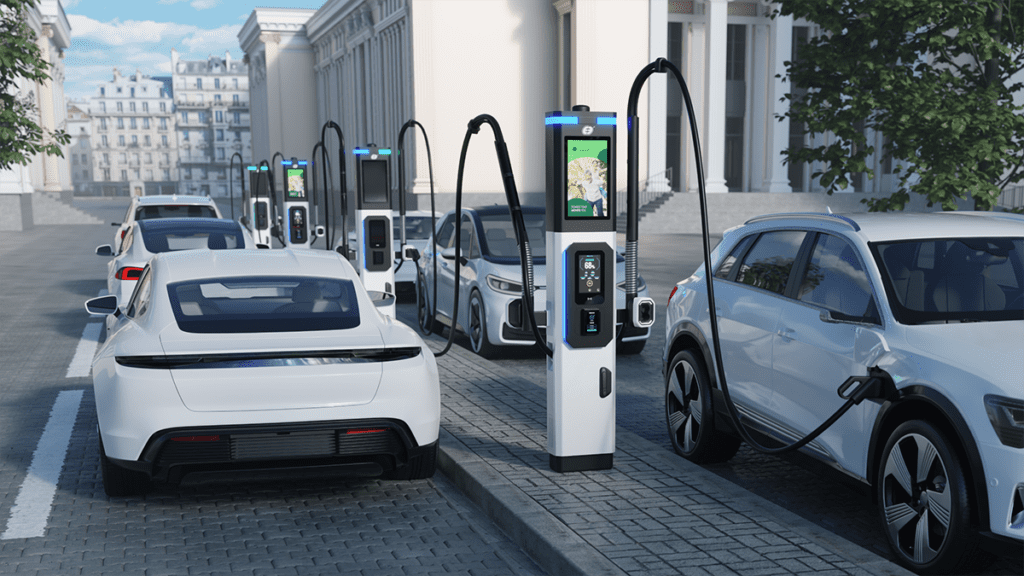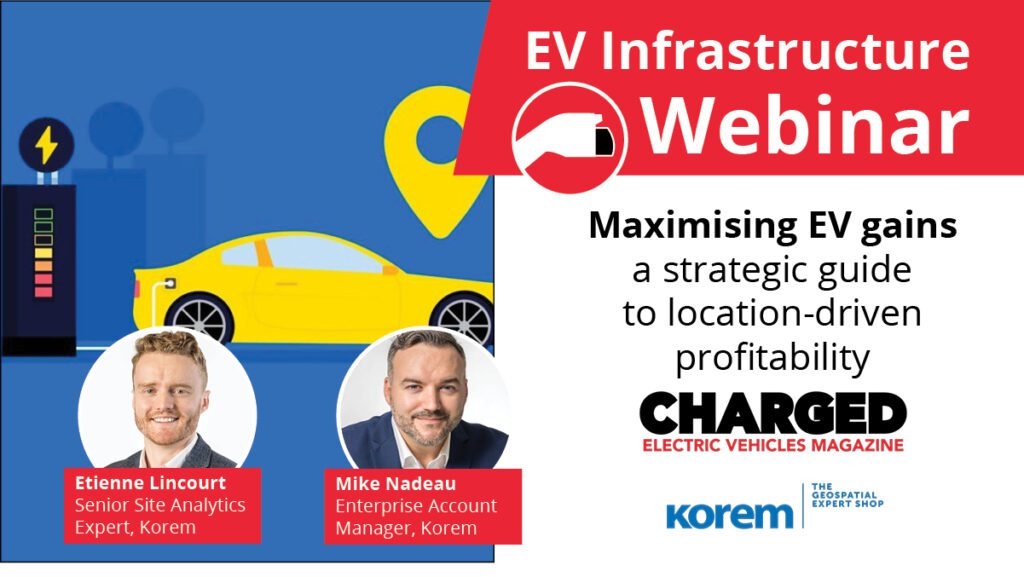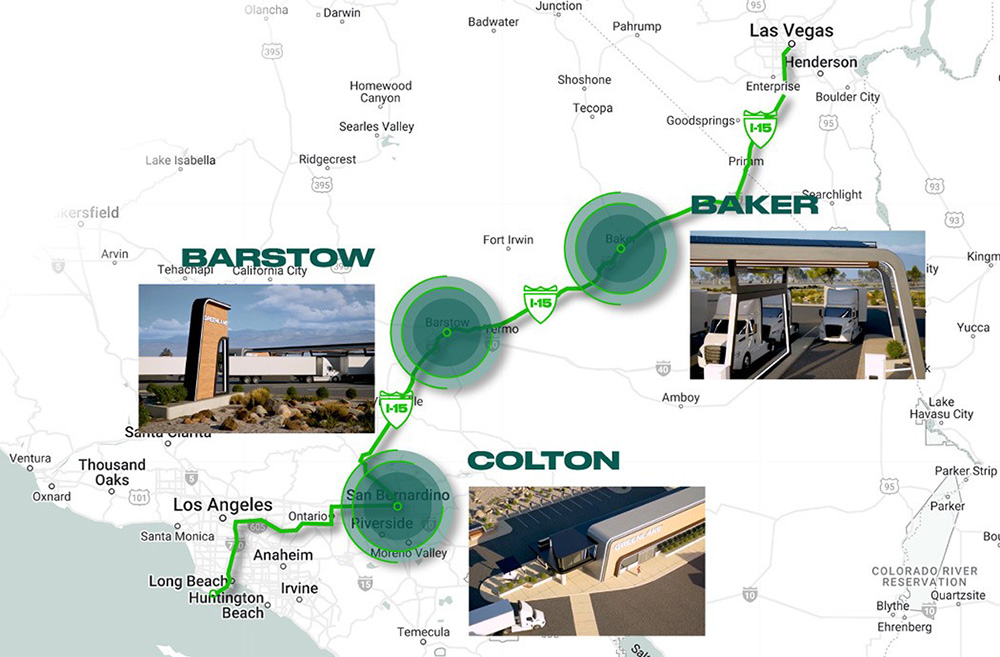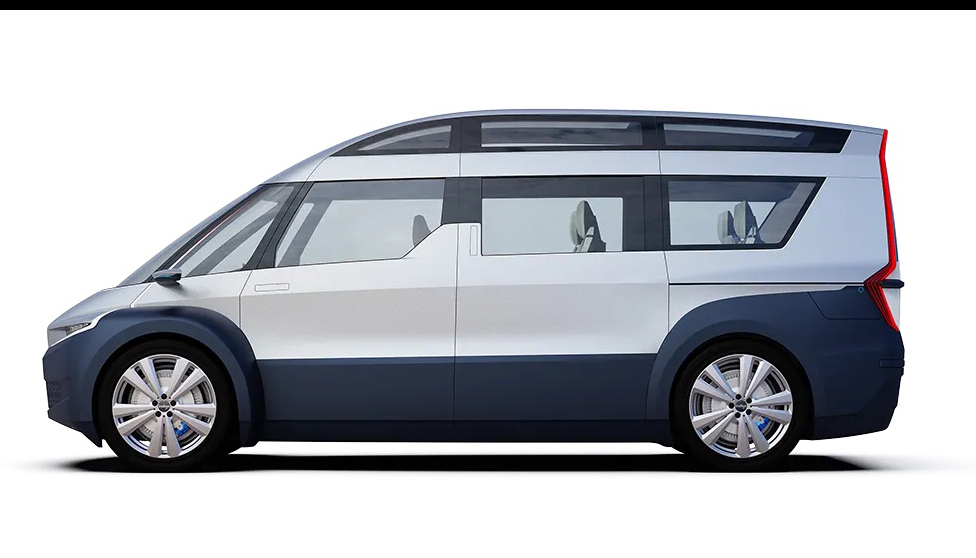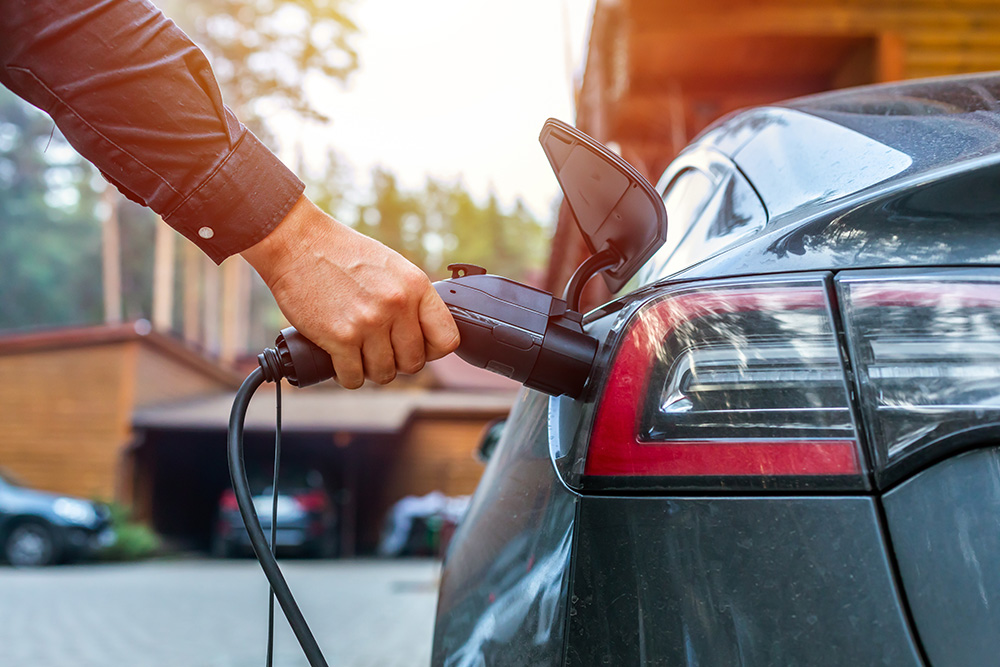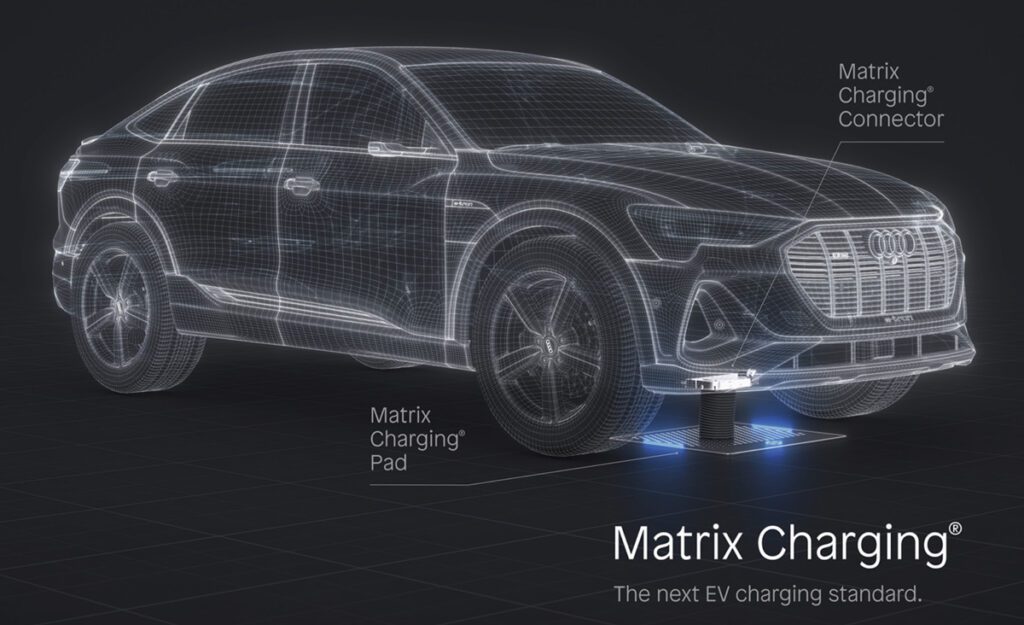Q&A with Hakan Ekmen, Managing Director umlaut US
How do the various public fast charging networks compare in terms of reliability, convenience, coverage and price? Charged recently partnered with the German firm umlaut to begin to determine the state of the charging network user experience. After performing a comparative study of network providers in Germany, Austria and Switzerland earlier this year, umlaut adapted its testing methodology to the US market, and together we developed the new 2020 EV Charging Infrastructure Best-in-Test award.
Charged and umlaut plan to continue this partnership to bring you future reports on the state of the charging network user experience. Next year’s work will expand beyond California to include more regions of North America. Updated key performance indicators will be developed, as well as an “ideal charging process” for EV drivers. In future reports, benchmarks will indicate how much the various networks deviate from that ideal process, including the Tesla Supercharger experience. Next year’s analysis will also likely include the new Plug and Charge feature, which allows charging without the need for a card or a smartphone app.
Who is umlaut?
umlaut is a global, full-service, cross-industry, end-to-end engineering consultancy company with 4,500 specialized experts and engineers, and operations in 50 locations all over the world. Managing Director Hakan Ekmen explained to Charged that the company regularly releases “technology road maps” in various industries, including energy, telecommunications, automotive and aviation.
When umlaut was founded in 1996, the company started as an engineering consultancy with a focus on automotive—ever since, umlaut has a strong automotive unit that provides consulting services to manufacturers and suppliers worldwide. umlaut has conducted charging network tests in Germany, Austria and Switzerland, and is preparing to further extend its footprint in this area.
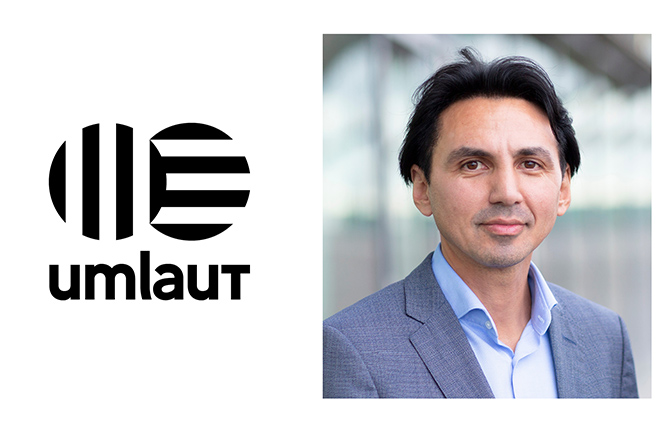

Charged: Why did umlaut decide to start benchmarking EV charging infrastructure?
Hakan Ekmen: Motorists are used to getting from A to B without anxiously looking at the charge-level meter. Thus, for the acceptance of e-mobility, a reliable charging infrastructure with a comprehensive coverage of charging stations is an indispensable requirement. As we are experts in assessing new technologies from the users’ perspective, we feel the users should know what they get when it comes to charging their vehicle. Our benchmark reveals the strong as well as the weak points of each charging operator and also shows who is taking the lead.
Charged: Did the results of this study match your expectations?
Hakan Ekmen: Overall, the study did match our expectations, and the results are all-in-all pleasing. However, they show room for improvement. This is also true for the providers which scored best in our assessment. We knew the charging networks are quite different in their business models and roadmaps. Some companies focus on both AC and DC charging, others intend to connect states and cities, and others put charging stations at hotspots like grocery stores or parking lots. We set high standards, knowing that it might take a few years for networks to achieve maximum scores. In our experience, operators see such independent tests as a stimulus to further enhance their infrastructure and optimize their offerings.
Charged: What do you see as the biggest future challenges for the EV industry?
Hakan Ekmen: In addition to obvious challenges such as range and the availability of charging stations, numerous additional factors are equally important for future success.
The smart car will communicate with other cars, and increasingly also with infrastructure such as charging stations. At this point, data security plays a decisive role. All of this will lead to the disappearance of traditional borders between various industries and different applications.
E-mobility is a new field that combines automotive with energy and connectivity solutions. Whether it is 5G, the connected car, or security, with our cross-industry know-how, we keep our eyes on all important factors, as we want to actively shape the future of e-mobility. A new benchmark measuring and assessing Connected Car Services will come out shortly.
Charged: In addition to e-mobility, what other industries does umlaut provide advisory services for?
Hakan Ekmen: We are very technology-driven and future-oriented, and provide services to numerous sectors and industries—above all in automotive, energy, aviation and telecommunications, transferring our expertise and knowledge across the industries.
We currently work with all automotive OEMs in the US on various vehicle related technologies, as well as with all the telecom operators in areas like 5G. We have more than 15 years of experience in benchmarking. Every year, we assess more than 200 networks in more than 80 countries. Our methodology is respected as the de-facto industry standard. Also, we conduct e-mobility benchmarks in Germany, Austria and Switzerland.
Charged: What are the major differences between the results in the US compared to Europe?
Hakan Ekmen: One big difference is the type of locations of DC fast charging infrastructure. In Europe, DC fast charging infrastructure is currently being installed primarily at highway sites. Public restrooms or shops are often already located at such locations. In the US, DC fast charging infrastructure is also increasingly found at urban amenities such as supermarkets. The surroundings of the locations have a major impact on the entire user experience. Another very important difference is the market structure. In Europe, the customer can use an app from an MSP to use charging stations from different CPOs (roaming).


